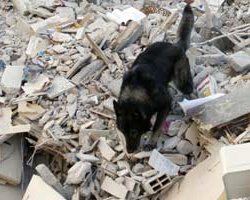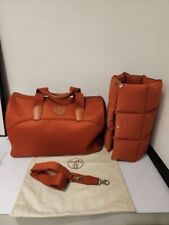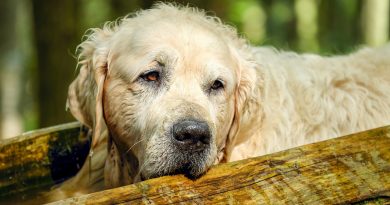Haiti Government Considers Animal Relief Plans
To date, there has not made any specific calls for veterinary volunteers or veterinary medical supplies – instead all efforts are currently focusing on the human population. However, it is expected that the focus will change from providing food and water to preventing the spread of diseases including rabies and leptospirosis, and animal vaccination will be an important aspect of these efforts. Most of Haiti’s animals are livestock and free-roaming dogs, and the government wants animal relief efforts to focus on providing emergency care to the livestock population, which is considered critical to Haiti’s long-term recovery.
The Animal Relief Coalition for Haiti (ARCH) was set up promptly after the Haiti earthquake by the World Society for the Protection of Animals (WSPA) and the International Fund for Animal Welfare (IFAW) to provide immediate veterinary care for injured animals in the earthquake’s aftermath. ARCH includes such organizations as the American Veterinary Medical Association (AVMA), the American Veterinary Medical Foundation (AVMF), and the American Society for the Prevention of Cruelty to Animals (ASPCA®). Teams from the IFAW and other organizations were available on the scene just days after the earthquake.
Gerardo Huertas, WSPA Disaster Management Director for the Americas, has described the scenes of devastation, but is also encouraged by the government’s willingness to consider animals. "Eleven days after the earthquake, we found a city in ruins. The country will not be able to start the massive rebuilding work required while its economy is broken. But we have also met very professional people in the government, who have shown a deep interest in working together with us and are committed to providing us the support we need for the work ahead of us."
And writing on his blog, IFAW’s Communications Officer Michael Booth has also been reporting on conditions in Port-au-Prince. "I noticed a couple of stray dogs had ‘latched’ on to certain people. They would just follow them from one place to the other, a few meters away, scared and nervous but hoping that they could find a family to belong to."














